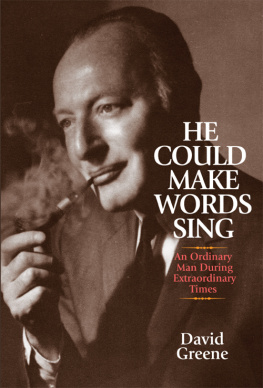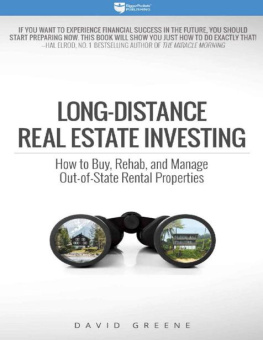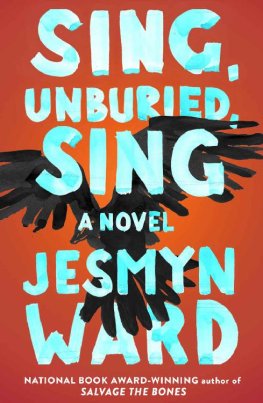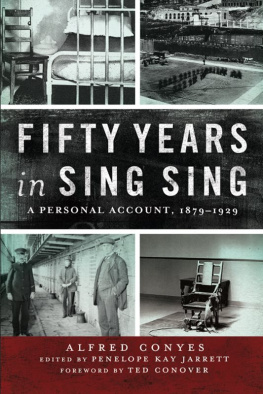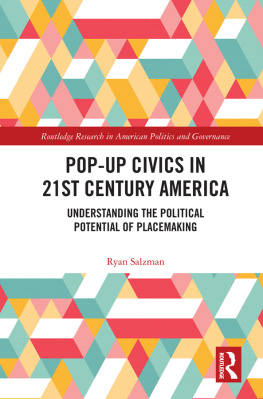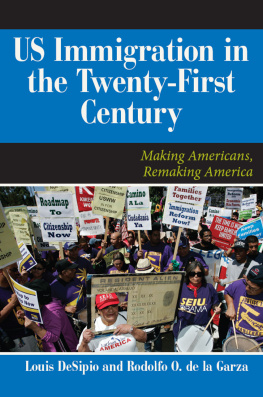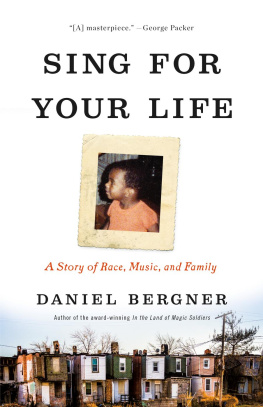HE COULD MAKE WORDS SING
AN ORDINARY MAN
DURING EXTRAORDINARY
TIMES
DAVID GREENE
Copyright 2017, David Greene
ISBN: 978-0-9980182-0-1 (print)
ISBN: 978-0-9980182-1-8 (epub)
ISBN: 978-0-9980182-2-5 (epdf)
Library of Congress Control Number: 2017948580
All Rights Reserved. No part of this book may be reproduced or transmitted in any form or by any means, electronic or mechanical, including photocopying, recording, or by any information storage and retrieval system without written permission from the author, except for the inclusion of brief quotations in a review.
Printed in the United States of America.
ORDINARY MEN, A GENERATION APART
After my father enlisted in the army at the outbreak of World War II and Americas entry, he was stationed at Fort Bragg in North Carolina. He met Ann Reynolds, a woman with whom he developed a close relationship, so much so that during his time in the European Front they shared love letters. I dont remember when I first learned about his relationship with Ann, but I knew her name before an incident that would give me great insight into how intimate a relationship they had had.
A newspaper reporter in North Carolina had launched a project asking families to submit love letters written by GIs during World War II and sent to family members. Ann responded by submitting my dads letters and hersthe letters became a chapter in the book that was finally published. My dads letters were very poignant. When my dad came back from the war after a stint doing administrative work in Germany postwar because he was fluent in German, one would think by the love and passion expressed in those letters that he and Ann would reconnect. This was not a generation in which that sort of thing would easily happen. Ann was Southern and Protestant, my dad a northern Jew. Their union was not to be had. My dad went back to Brooklyn, met my mother and married. Ann met the man who would be her husband, married and raised a family as well. However, the two of them kept in touch throughout their lives.
This by way of prelude: Years later I watched the reaction of my mother and my father when I brought home for the first time the woman whom I would a year later marryan Episcopalian from Kentucky who had fallen in love with this northern Jew. What touched me most about that first meeting, the introduction of Randolph to my parents, is how cold and almost cruel my mother was toward Randolphand how warmly my father greeted her. How adroitly he handled the many awkward moments when my mother exclaimed, Randolph, what kind of name is that for a woman? to which my father said, May we call you Kentuck?
I dont know if he knew how deeply that touched Randolph, but it was clear that a bond had been created. A bond that was only cemented further when my family came to Hamilton to see Randolph in a Chekov play. She had a leading role. I dont think I saw much of the play because I spent much of it watching my father and not the stage.
If there was anyone who looked more radiant than Randolph on stage as the femme fatale, it was my father. I thought he had fallen in love with her because he had a love for theatre. He had fallen in love not only with a marvelous actress but with the idea that his son would do what he could not a generation beforeconsummating a relationship with a woman so different from himself. It did not hurt that Randolph was a terrific athlete and tennis player.
I was my father a generation later: a northern Jew permitted to pursue a romance with a Southern gentile.
Richard Greissman
Who was that Northern Jew who came so close to marrying a Protestant Southern belle? Harry Greissman, as all of us are, was unique in some respects, representative in others. Something about him touched her. Although Anne first liked another GI named Harry more, she preferred Harry Greissman, the one who, she said, could make words sing.
Like many men of his era, he was a product of his experiences, and as many were, he was sometimes underappreciated as a professional, husband, and father. No matter how uniquely talented, brilliant, giving in his own way, or how high he flew, he was often in the shadow of others, sometimes at home.
A son of poor immigrant Austrian Jews, he was talented enough to be a newspaper-man in high school, in college, and in the army. He had always said he wanted to be a sportswriter and always talked about writing a novel. He was certainly talented enough. Yet he didnt. The dream could wait. Forever. Instead, following his years in the army, and a short stint as a reporter, he married, became an ad man in a grey flannel suit with a more guaranteed income for a man of his generation, whose destiny like so many others was to be the provider, the breadwinner, the foundation of family life during the 1950s and 1960s.
Yet he was, after all, a member of the Silent Generation. He went to all four years of high school during the height of the Depression. A college star, he was a hero during World War II. In an anti-Semitic advertising world, he rose in the ranks and was well respected.
Harry was fifty-seven when I met him. Although there were times when I was his All in the Family Meathead to his Archie, we generally got along very well. He helped me with tennis and writing. We occasionally watched sports on TV. Of course we spent holidays together with family. He was most kind and loving to my mom who was two years his elder. As members of that generation they shared many memories of their troubled lives as kids and young adults. They understood each others heartaches and disappointments in life.
To me, though, he looked sad as he often faded into the background. Harry sat in his chair, read, played tennis, and told bad puns. I vowed never to become Harry. As his daughter Jamie said, He seemed to accept it, and didnt mind it much, or he just didnt complain. He was not a complainer. He just did what he had to do. I learned of his skills, his intellect, his poetry, and his complex relationships with people. At the same time, I became more aware of how he was but one of the millions of prideful untold lives of the men of his generation, so often overlooked as they aged.
He was loved, and praised as a father, yet I believe he yearned for more self-satisfaction. He was extremely proud of all three of his childrens achievements: Richard became the highest ranked non-Ph.D. staff member at the University of Kentucky. Jamie earned a Ph.D. in psychology and has been a practicing psychologist for thirty-six years. Allan has become one of the leading pediatric intensive care physicians in the country. In researching this work, I found Richard was his inspiration and muse. Jamie had far fewer memories of Harry, and Allan still labors over guilt about their relationship.
Why did Harry and others like him choose that path? Was it their nature? What environmental factors contributed to those decisions at work and at home? We can only guess. Certainly, we are all creatures who have to face various biases and ceilings during our lifetimes. Some of us, even of the same generation, never stop fighting. Others give up, acquiesce, and try to live for another day. Why do some flower and some barely bud?
What was in Harrys personality that restricted his full flowering, whether at work or at home? Perhaps William Wordsworth said it best in his poem, My Heart Leaps Up When I Behold,
My heart leaps up when I behold
A rainbow in the sky:
So was it when my life began;
So is it now I am a man;
So be it when I shall grow old,
Or let me die!
The Child is father of the Man;
And I could wish my days to be
Bound each to each by natural piety.
The phrase The Child is father of the Man has become famous in its own right. Meaning who we are and how we act as adults is dependent very much on who we were and how we acted as children; it is the basis for a great deal of psychotherapy.
Next page
